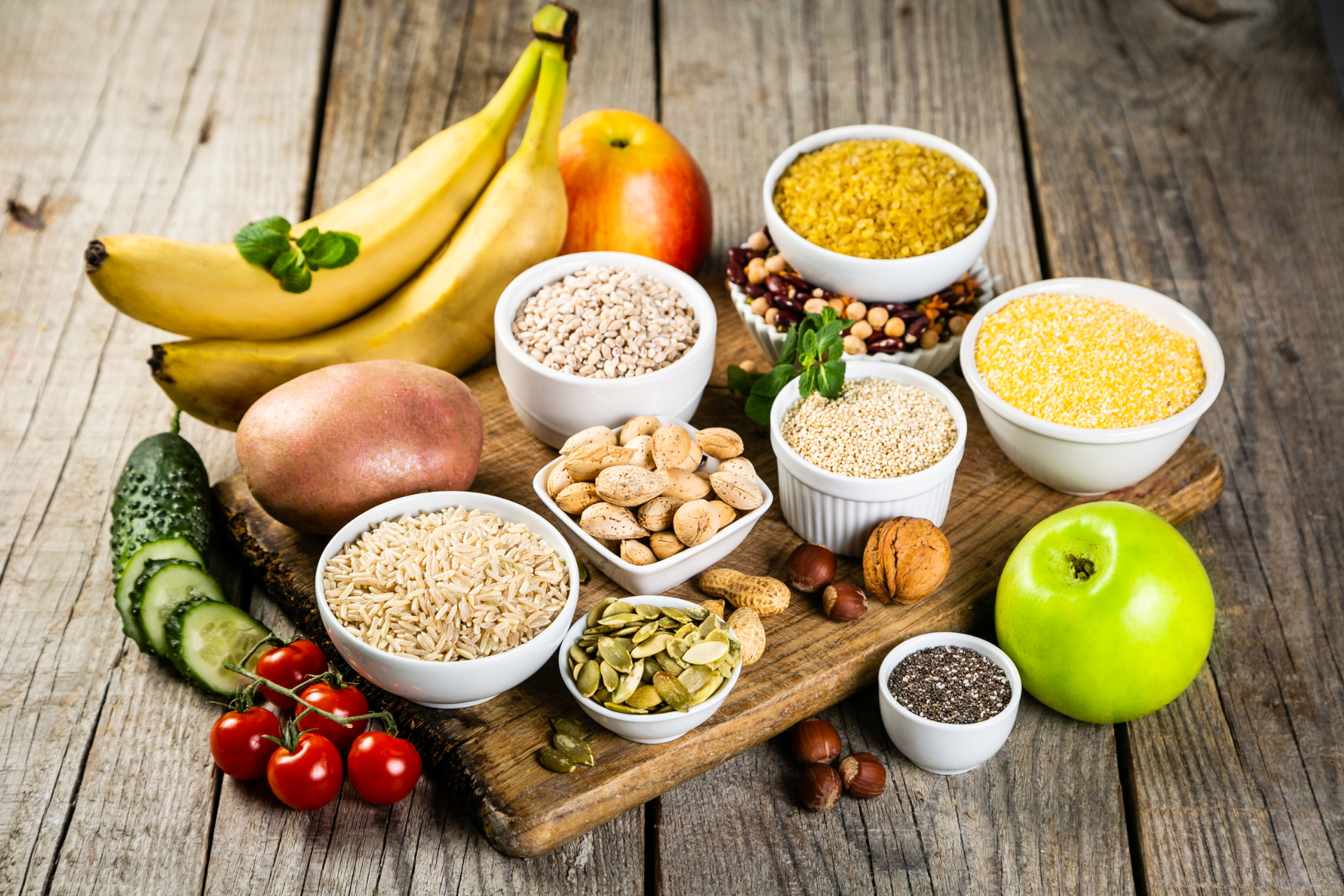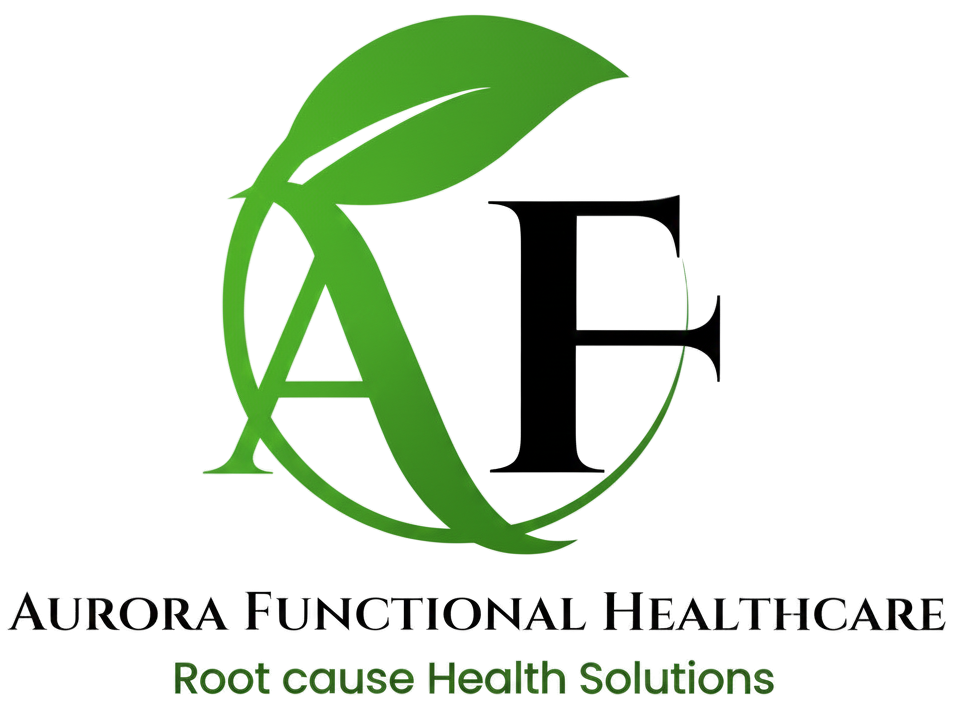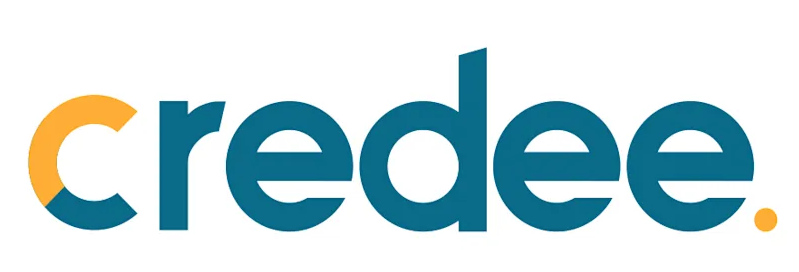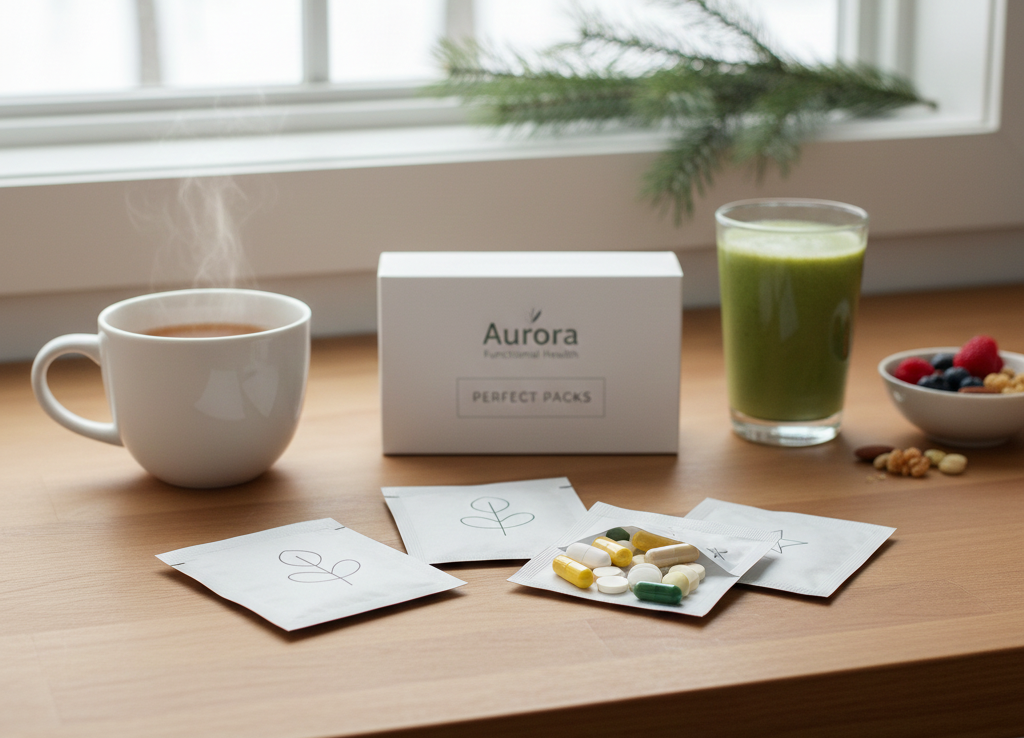
The vegetarian diet, which excludes meat and sometimes other animal products, has gained popularity over the years due to its potential health benefits, ethical considerations, and environmental impact. However, just because a vegetarian diet works for some people doesn’t necessarily mean it’s suitable for everyone. The decision to adopt a vegetarian diet is personal and should take into account individual health needs, preferences, and lifestyle.
In this blog, we’ll explore the pros and cons of a vegetarian diet and whether it might be a good fit for you.
Health Benefits of a Vegetarian Diet
A well-balanced vegetarian diet can offer several health benefits, including:
- Improved Heart Health
- Vegetarian diets are often rich in fruits, vegetables,GF whole grains, legumes, and nuts, all of which are known to support heart health. They’re also typically lower in saturated fats, which can reduce the risk of heart disease.
- Studies have shown that vegetarians tend to have lower cholesterol levels, lower blood pressure, and a reduced risk of heart disease.
2. Weight Management
- Vegetarians tend to have lower body mass indexes (BMIs) compared to those who eat meat. This is because plant-based foods are often lower in calories and fat, and they’re packed with fiber, which helps with satiety.
- A vegetarian diet can also encourage more mindful eating habits, as it may encourage you to consume more whole, minimally processed foods.
3. Reduced Risk of Chronic Diseases
- A vegetarian diet is associated with a reduced risk of certain chronic diseases such as Type 2 diabetes, high blood pressure, and certain types of cancer.
- High intakes of fruits, vegetables, and legumes, combined with low consumption of processed foods, can help reduce inflammation and improve overall health.
4. Better Gut Health
- A vegetarian diet, rich in fiber, can help promote healthy digestion and prevent constipation.
- Plant-based foods encourage the growth of beneficial gut bacteria, which is essential for immune health, digestion, and even mental health.
Challenges of a Vegetarian Diet
While a vegetarian diet can offer many benefits, it may not be the best choice for everyone. Here are some potential challenges:
- Nutrient Deficiencies
- A vegetarian diet requires careful planning to ensure that you're getting all the essential nutrients your body needs. Certain nutrients that are commonly found in animal products may be lacking or more difficult to obtain on a plant-based diet, including:
- Protein: While plant-based proteins exist (such as beans and lentils), vegetarians need to ensure they’re eating a variety of plant proteins to meet their daily requirements.
- Vitamin B12: This vitamin is found almost exclusively in animal products, so vegetarians need to consume fortified foods or take supplements.
- Iron: Although plant-based foods like beans and spinach contain iron, it is not as easily absorbed as the iron from meat (heme iron). Vegetarians need to consume vitamin C-rich foods to enhance iron absorption.
- Omega-3 Fatty Acids: While omega-3s can be found in plant-based sources like flaxseeds and walnuts, they are not as readily absorbed as the omega-3s from fish.
2. Potential for Unbalanced Diet
- Not all vegetarian diets are healthy. It’s possible to eat a lot of processed vegetarian foods, such as chips, cookies, and mock meats, which may be high in sugar, salt, and unhealthy fats. Simply eliminating meat without focusing on nutrient-dense foods could lead to an imbalanced diet.
3. Difficulty in Social Situations
- Depending on where you live, a vegetarian diet can be socially challenging. In many cultures, meat plays a central role in meals, and it might be difficult to find vegetarian options at social gatherings, restaurants, or family meals. This may require extra effort in planning and communication.
4. Increased Need for Meal Planning
- A well-balanced vegetarian diet often requires more planning and preparation. Without meat as a primary protein source, vegetarians need to get creative with plant-based alternatives and ensure they’re eating a variety of foods to cover all their nutritional needs.
Who Might Benefit from a Vegetarian Diet?
- Those with Ethical or Environmental Concerns
- A vegetarian diet is often chosen for ethical reasons, as many people avoid eating animals for moral or environmental reasons. The meat industry is a major contributor to greenhouse gas emissions, deforestation, and water consumption, making plant-based diets an eco-friendly alternative.
2. People with Certain Health Conditions
- Individuals with specific health concerns like high cholesterol, heart disease, or Type 2 diabetes may benefit from a vegetarian diet, as it has been shown to help manage and sometimes reverse these conditions.
- Vegetarians often have lower risks of conditions related to obesity, such as joint pain and sleep apnea.
3. Those Looking to Lose or Maintain Weight
- The high fiber content and low-calorie density of plant-based foods can help with weight management. Vegetarians may experience less hunger due to fiber’s role in promoting satiety and helping with digestion.
Who Might Not Benefit from a Vegetarian Diet?
- People with Nutrient Absorption Issues
- Those with certain digestive issues, like Crohn’s disease, celiac disease, or other malabsorption conditions, may have difficulty getting enough nutrients from a vegetarian diet, especially if they struggle to absorb plant-based iron, B12, or omega-3 fatty acids.
2. Athletes or Highly Active Individuals
- While it’s certainly possible for athletes to thrive on a vegetarian diet, those with high protein needs (such as bodybuilders or endurance athletes) may find it challenging to meet their protein requirements without careful planning. Animal proteins are often more bioavailable, and getting enough plant-based protein can be more time-consuming and complex.
3. Pregnant Women and Children
- Pregnant women and children have higher nutritional needs, particularly for protein, iron, vitamin B12, and omega-3s. While a vegetarian diet can be safe, it requires careful attention to ensure that these groups are getting all the necessary nutrients for optimal growth and development.
How to Make a Vegetarian Diet Work for You
If you’re considering a vegetarian diet or are currently following one, here are a few tips to ensure that you’re getting the nutrients you need:
- Focus on Whole, Unprocessed Foods
- Incorporate a wide variety of fruits, vegetables, GF whole grains, legumes, nuts, and seeds into your meals. This will help ensure that you're getting a broad spectrum of nutrients.
2. Consider Supplements
- Depending on your individual needs, you may need to supplement certain nutrients like vitamin B12, iron, omega-3 fatty acids, or vitamin D. Consult with a healthcare provider to determine the best approach for you.
3. Be Mindful of Protein
- Make sure you’re eating a variety of plant-based protein sources, such as beans, lentils, quinoa, and edamame, to ensure that you're meeting your protein needs.
4. Plan Meals Ahead
- Meal planning is key for vegetarians to ensure you’re getting balanced nutrition. Prepare meals in advance and experiment with new recipes to keep things exciting and nutritionally balanced.
Conclusion
While a vegetarian diet offers numerous health benefits and can be a great fit for many people, it’s not the right choice for everyone. Nutritional needs, lifestyle, and personal preferences all play a role in whether a vegetarian diet is sustainable and beneficial. If you decide to adopt a vegetarian diet, it’s important to plan carefully to avoid nutrient deficiencies and ensure that you’re getting all the essential nutrients your body needs.
Whether you choose to go fully vegetarian, try it for a few days a week, or focus on more plant-based meals, the key is to find a diet that works for your body and supports your overall health. As with any dietary change, it’s always a good idea to consult a healthcare provider or nutritionist to help guide your choices. Give us a call 630-214-1810

Essential Nutrients for a Vegetarian Diet
A vegetarian diet, when well-balanced, can provide most of the nutrients your body needs for optimal health. However, there are certain nutrients that vegetarians must pay extra attention to, as they may be more challenging to obtain from plant-based sources alone. Here's a breakdown of the key nutrients that vegetarians should ensure they’re getting:
1. Protein
Protein is a critical macronutrient that supports muscle growth, immune function, and overall body repair. While many plant-based foods contain protein, vegetarians need to ensure they’re eating a variety of protein-rich foods to meet their daily needs.
Vegetarian Sources of Protein:
- Legumes (beans, lentils, chickpeas)
- Quinoa and GF whole grains (like per millet, quinoa, and wild rice)
- Nuts and seeds (almonds, chia seeds, hemp seeds)
- Plant-based protein powders (like pea protein or hemp protein)
- Hemp Milk
Tip: Combining different plant-based protein sources, such as rice and beans, can help ensure that you get all the essential amino acids your body needs.
2. Vitamin B12
Vitamin B12 is crucial for nerve function, red blood cell production, and DNA synthesis. It is found primarily in animal products, so vegetarians (especially vegans) need to find fortified foods or take a supplement to meet their needs.
Vegetarian Sources of Vitamin B12:
- Fortified plant-based milks (coconut, almond, oat)
- Fortified breakfast cereals
- Nutritional yeast (often used in vegan cooking for a cheesy flavor)
- Fortified fermented tofu
Tip: Whole foods based Vitamin B12 supplementation is often recommended for vegetarians and vegans since it's difficult to obtain sufficient B12 from plant sources alone.
3. Iron
Iron is necessary for oxygen transport in the blood and energy production. While plant-based sources of iron exist, the type of iron found in plants (non-heme iron) is not as easily absorbed by the body as the iron from animal products (heme iron). To enhance iron absorption, vegetarians should pair iron-rich foods with vitamin C-rich foods.
Vegetarian Sources of Iron:
- Legumes (lentils, beans, chickpeas)
- Tofu and tempeh
- Dark leafy greens (spinach, kale, swiss chard)
- Pumpkin seeds, quinoa, and fortified cereals
- Dried fruits (apricots, raisins)
Tip: Pair iron-rich foods with vitamin C (e.g., citrus fruits, bell peppers, or tomatoes) to enhance absorption.
4. Omega-3 Fatty Acids
Omega-3s are essential fatty acids that support heart, brain, and joint health. While omega-3s are mainly found in fatty fish, vegetarians can get omega-3s from plant sources, particularly ALA (alpha-linolenic acid), which the body can convert into EPA and DHA.
Vegetarian Sources of Omega-3s:
- Flaxseeds and flaxseed oil
- Chia seeds
- Walnuts
- Hemp seeds
- Algal oil (a plant-based source of DHA and EPA)
Tip: Incorporate flaxseeds, chia seeds, and walnuts into smoothies, salads, and baked goods to boost omega-3 intake.
5. Vitamin D
Vitamin D is important for bone health, immune function, and overall well-being. It can be difficult for vegetarians to get adequate vitamin D from food sources alone, especially if they avoid dairy. Sunlight is the most natural source of vitamin D, but for those in areas with limited sun exposure, a supplement may be necessary.
Vegetarian Sources of Vitamin D:
- Fortified plant-based milks (coconut, almond, oat)
- Fortified healthy cereals and orange juice
- Mushrooms exposed to UV light (such as maitake mushrooms)
- Vitamin D supplements (consider a plant-based vitamin D2 or D3 supplement)
Tip: Vitamin D3 is generally derived from animal sources, so vegetarians should opt for D2 or vegan-certified D3 from lichen.
6. Raw Calcium
Raw Calcium is crucial for bone health, muscle function, and nerve signaling. Grass Fed Dairy products are a primary source of calcium, but vegetarians can get enough calcium from plant-based sources if they are mindful of their intake.
Vegetarian Sources of Calcium:
- Fortified plant-based milks (coconut, almond, oat)
- Leafy greens (collard greens, bok choy, kale)
- Tofu (especially calcium-set tofu)
- Almonds and tahini
- Fortified juices and healthy cereals
- Broccoli and Brussels sprouts
Tip: When eating plant-based sources of calcium, ensure they are part of a balanced diet that also includes vitamin D for better absorption.
7. Zinc
Zinc supports immune function, wound healing, and protein synthesis. It is found in many plant-based foods, but vegetarians may need to consume more zinc-rich foods to meet their daily needs because plant-based sources of zinc are not as easily absorbed as animal-based sources.
Vegetarian Sources of Zinc:
- Legumes (lentils, beans, chickpeas)
- Nuts and seeds (especially pumpkin seeds, cashews)
- GF Whole grains (quinoa, oats)
- Tofu and tempeh
- Fortified cereals
Tip: Soaking and sprouting beans, seeds, and grains can help increase zinc absorption.
8. Iodine
Iodine is essential for thyroid function, which regulates metabolism. While iodine is found in seafood, vegetarians may be at risk for iodine deficiency, especially if they don't consume iodized salt or sea vegetables.
Vegetarian Sources of Iodine:
- Seaweed (nori, kelp, wakame)
- Iodized salt
- Fortified plant-based milks (sometimes)
- Seamoss gel
Tip: Be cautious with seaweed, as it can be very high in iodine. A small amount is sufficient to meet your needs.
9. Selenium
Selenium is an antioxidant that plays a role in immune function and thyroid health. While selenium is found in a variety of foods, it is particularly abundant in Brazil nuts.
Vegetarian Sources of Selenium:
- Brazil nuts (just one or two per day can meet your needs)
- GF Whole grains (brown rice, quinoa)
- Sunflower seeds
- Mushrooms
- Lentils and beans
Tip: While selenium is essential, it’s important not to consume too much. Just one or two Brazil nuts a day can provide more than enough.
10. Magnesium
Magnesium is essential for muscle function, nerve function, and bone health. It's also involved in energy production and may help reduce muscle cramps and improve sleep quality. Magnesium is abundant in plant-based foods.
Vegetarian Sources of Magnesium:
- Leafy green vegetables (spinach, swiss chard)
- Nuts and seeds (almonds, pumpkin seeds)
- Legumes (black beans, lentils)
- GF Whole grains (brown rice, quinoa)
- Avocados and bananas
Tip: Magnesium-rich foods are also high in fiber, making them a great choice for overall health.
Conclusion
A vegetarian diet can provide all the nutrients your body needs, but it requires careful planning to ensure you're getting enough of the essential vitamins, minerals, and other nutrients. Protein, vitamin B12, iron, omega-3 fatty acids, vitamin D, calcium, and zinc are key nutrients that vegetarians should pay special attention to.
By incorporating a variety of whole, nutrient-dense plant foods and considering fortified foods or supplements where necessary, you can meet all your nutritional needs while following a vegetarian diet. If you're unsure whether your diet is meeting your needs, it’s always a good idea to consult with a healthcare provider or nutritionist to help you plan a balanced and nutritious vegetarian lifestyle. Give us a call 630-214-1810















